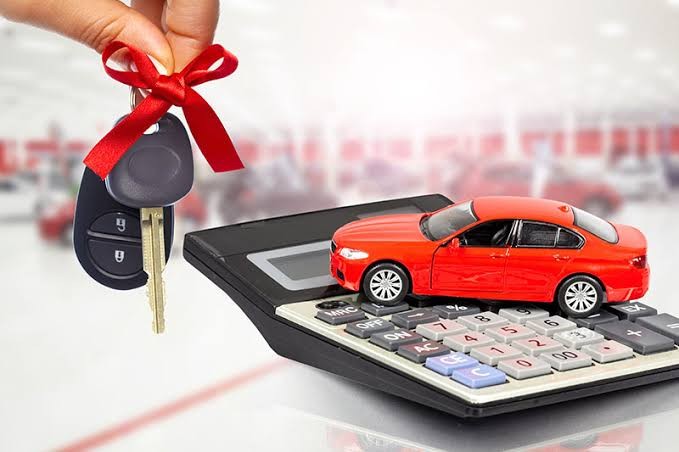Considering a mortgage loan for a car purchase? Understand the drawbacks: longer repayment period, higher overall cost, and explore better alternatives like car loans before deciding.
What is a Mortgage Loan?
A mortgage loan is a type of loan used to finance the purchase of a property, typically a house or a piece of land. The loan is secured by the property itself, which means that if the borrower fails to repay the loan, the lender can take possession of the property through a process called foreclosure.
The borrower typically makes a down payment towards the purchase price of the property and then borrows the remaining amount from a lender, usually a bank or other financial institution. The borrower then makes monthly payments to the lender, which consist of both principal and interest, until the loan is fully paid off.
Mortgage loans can vary in terms of their interest rate, repayment period, and other features. For example, some loans may have a fixed interest rate, which means that the interest rate remains the same throughout the life of the loan, while others may have an adjustable interest rate, which can fluctuate over time. The repayment period can also vary, with some loans requiring payments to be made over 15 or 30 years, while others may have shorter or longer repayment periods.
In addition to the principal and interest payments, mortgage loans may also require borrowers to pay property taxes and insurance premiums. These payments are typically included in the monthly mortgage payment and held in an escrow account by the lender, who then pays these expenses on behalf of the borrower.
Overall, a mortgage loan is a significant financial commitment that requires careful consideration and planning. Borrowers should carefully review their options and consult with a financial advisor or lender to determine the best mortgage loan for their needs and financial situation.
Considering using a mortgage loan to finance a car purchase? While technically possible, it's crucial to understand the implications. In this article, we explore the drawbacks and offer valuable insights to help you make an informed decision.
Longer Repayment Period and Higher Overall Cost:
- Mortgage loans are designed for long-term financing, meaning you'll be paying interest for an extended period compared to car loans.
- Repayment periods of 15 to 30 years significantly increase the overall cost of your car due to prolonged interest payments.
Higher Interest Rates:
- Mortgage loans often carry higher interest rates due to their higher-risk nature, as they are secured against more valuable assets.
- You may end up paying a higher interest rate on a mortgage loan compared to a car loan.
Important Considerations before Choosing a Mortgage Loan for a Car:
1. Total Cost Analysis:
- Thoroughly evaluate the total cost of the loan, encompassing interest rates and associated fees.
- Calculate the overall expense over the repayment period to gauge the true cost of the mortgage loan for your car.
2. Comparison Shopping:
- If you decide to proceed with a mortgage loan, diligently explore multiple lenders to secure the best interest rates and loan terms.
- Engage in a comprehensive comparison process before making a final decision.
3. Car Loans as a Better Alternative:
- Generally, opting for a car loan designed specifically for purchasing a car proves more cost-effective.
- Car loans typically offer lower interest rates and shorter repayment periods, making them a favorable choice.
4. Exploring Alternative Financing Options:
- If a car loan or mortgage loan doesn't suit your needs, consider other options such as personal loans or credit cards.
- Carefully assess terms, interest rates, and repayment conditions of these alternatives before finalizing any decisions.
Conclusion:
While technically feasible, relying on a mortgage loan for a car purchase is generally not recommended due to higher costs and longer repayment periods. When contemplating financing options, meticulously evaluate interest rates, loan terms, and overall expenses. By making an informed decision, you can secure suitable financing while avoiding potential pitfalls associated with mortgage loans for cars.

Comments (0)
Please login to join the discussion
Be the first to comment on this article!
Share your thoughts and start the discussion